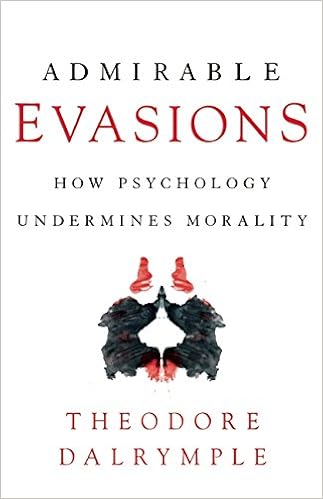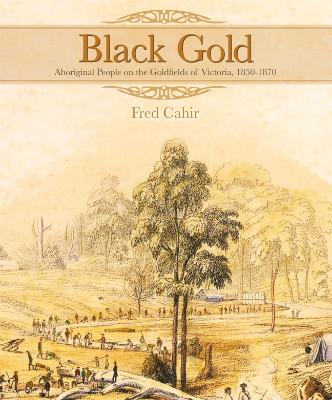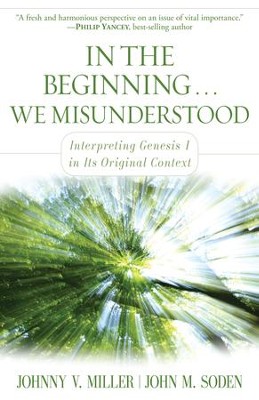This book has a fascinating premise, and if it was found to be substantial, this would be quite some find. Roy Williams is an Australian former-lawyer turned Australian apologist for evangelical Christians. His first book was 'God Actually' and was an interesting read. Most of the Dawkins rebuttals were streaming from the US, very few Australians were engaged, John Dickson and Greg Clarke the possible exceptions. Now Williams has come on the scene. He is a lucid and clear writer that has a panache in some of his turns of phrase. He his clearly Australian and that semi-diffident attitude comes across in his writing. Should the mantle of evangelical leadership be conferred upon him? Should he be the voice of evangelical reason and should he be widely read amongst the evangelical community? Well, I'm not so sure about that!
This work dominated my September reading, and made me think long and hard about the premise behind the book. It is divided into two parts - firstly, 150 pages called 'Our Religious Heritage' and was the part of the book that was most interesting. However, the links that William's makes between Christian belief and Australian heritage range from quite convincing to unpalatably tenuous. The reductive nature in which William's ideal of Christianity is presented is somewhat disturbing. Henry Parkes is a perfect example - whilst admitting that Parkes had numerous dalliances outside of his marriage, William's credits his involvement in Federation and fatherhood and influence on the nation, to Christian ethics and virtues. This is because his wife and daughter were committed Christians, who influenced him. William's cites a letter from his daughter urging him to flee Hell-fire as an example. Deist's like Captain Cook and others are presented as semi-Christian. This reductionist forms of Christianity and broad strokes are clearly used to promote his thesis. A more explicit example is this:
"...Australia's finest ever legal mind, Owen Dixon was an agnostic. Yet his grandfather had been a lay preacher with his own chapel, the Zion Independent Church of Lower Hawthorn, and his father-in law was an Anglican minister." p.144Tenuous indeed! However, there are many places where the thesis holds much firmer.
I was, however, particularly interested in William's treatment of the Myall Creek massacre of 1838. William's is worth quoting here:
"There was nothing especially unusual about this gruesome event, other than the aftermath. It was a very rare occasion when a measure of justice was done. Seven of the murderers… were tried and convicted. Subsequently they were hey. This happened even though majority popular opinion was on the side of the accused at large amounts of money were contributed today the fence-including a contribution by the wealthy owner of Myall Creek station, Henry Dagnar. The culprits were punished in this case because of a near-unique combination circumstances and individuals. Several principled men Took a stand in the face of private intimidation and public opprobrium, including a white witness, hearts-keeper George Anderson, and two local stockman, William Hobbs and Frederick Foote, who reported what they had learned to the authorities. Equally crucial was the fact that four key public officials were serious Christians: the police magistrate at Muswellbrook, Edward day; The attorney-General and prosecuting counsel, J.H. Plunkett; the presiding judge the second trial, William Westbrook Burton; and the Governor of New South Wales, Sir George Gipps." p.56-57
However, despite some flimsy premises and reductionism of Christian belief, there seems to be a bigger issue with the book - that is the bizarre equivalence with Christian morality and the political ideological Left. This is sparsely scattered through the first section of the book where William's will refer to great Protestant Socialists and Catholic Socialists. The second section of the book, entitled, 'The Secular Juggernaut' is very different in its approach. In places it is a diatribe against Christians who hold politically conservative views. Perhaps, I should more closely define my criticism - the issue is more about Williams's conviction that real Christianity (which is ironic after spending the first half of the book being reductionist) is aligned with the social/moral ethic of the politically Left. This is a real revelation to those of us who are becoming more politically conservative. This is a real answer to the initial question that I had when I picked up both of Roy Williams's books:
Why did the ABC publish books from an evangelical? Why did Left-wing Journalists like Gideon Haig and Annabel Crabb endorse these books? Why, because Roy Williams is one of their children. He is a voice to the pesky Conservative Christian community to dump political conservatism and be a real Christian in the camp of the Labor and the Greens. He is their child and will reinforce their propaganda to the Christian community.
The Christian community has been under assault from wolf-in-steeps-clothing like Tim Costello, Roland Croucher, Rob Buckingham (Melbourne) et al. for some years now. Perhaps we should add the Presbyterian Roy Williams to this list?
Well, maybe, maybe not. Williams has stated on the ABC website that he thinks that Christians should get over their fears of Homosexuality but doesn't think that gay marriage should be State endorsed.
Williams is a socialist and unabashedly so. He lauds Samuel Griffith as perhaps one of the greatest Australian (Williams's caveat is his indigenous record). His Christianity is represented in the book by his statement:
"'The great problem of this age,' he said at the time, 'is not how to accumulate wealth, but how to secure its more equitable redistribution.'" p.143
This is a statement of Socialism, not Christianity. Yet the lines are blurred between the two. Williams clearly believes that Socialism is an offshoot of Christian ethics. Williams launches a blistering attack on John Howard's Prime Ministership - accusing Christians of associating with the xenophobic popularist politics of the super-rich. Catholics in the the Liberal party get a shellacking too - they care too much about divorce, homosexuality and abortion, and not enough about war, climate change, social justice and abortion (p. 147) My reading of Williams seems to be that he believes that many Christians finding a political home on the Right have added to secularisation of this country.
Contrast this with the 'earnest' Catholics however are on the Left - Scullin, Chifley, Calwell and Keating. Sigh, this is partisanism at its best and this is best seen on p. 156. Right-wing secularists only care about making money and an unregulated economy. Maybe this is true of some, but in my experience, right-wing secularists care more about the intrusion of big government and excessive regulation. The bleeding heart Leftist create the problem by insisting that drucken teenagers are a victim of money-hungry business owners and are not responsible for their actions. Herein lies the issue. Many who are wealthy are on the Left, and his argument is selective and fatuous.
Williams will not speak for many Christians for this misrepresentation of their beliefs. I think that he is a genuine Christian, he is an intelligent and thoughtful one too. I do not object to disagreeing with him on minor points - but the neo-Left is as concerning as the neo-Right and Christianity shouldn't be ascribed to one side of politics - the truth of Jesus is confronting wherever we go. I tend to agree with the conservatives - the promotion of the family and of social good. I am unconvinced with the big government, socialist policies of the Left. I am circumspect with the Climate Change alarmism and the types of social justice that I see today that abrogates human responsibility, and the bullying of the pro-homosexual lobby to enforce the redefinition of my sexual ethics and the privatisation of my faith. I care about war and disagree with the war-mongering of BOTH sides of politics - even more the humanitarian interventions so often cooed over by the Left.
Williams has many good points too - however, I worry about this type of Leftist propaganda in Christian garb. I think that he is a sincere man - however, he should be more circumspect about the reasons the ABC would publish a book like this from him. I doubt whether they would publish a conservative author on the same topic. Like Aaron Sorkin often does in his TV shows. He sets up a Republican that he finds acceptable and then demonises the rest. Williams does something similar to Christians. This makes Christianity more palatable to the Lefty journalists - doesn't do much for Christianity or the cause of Christ.
3 out of 5 stars












